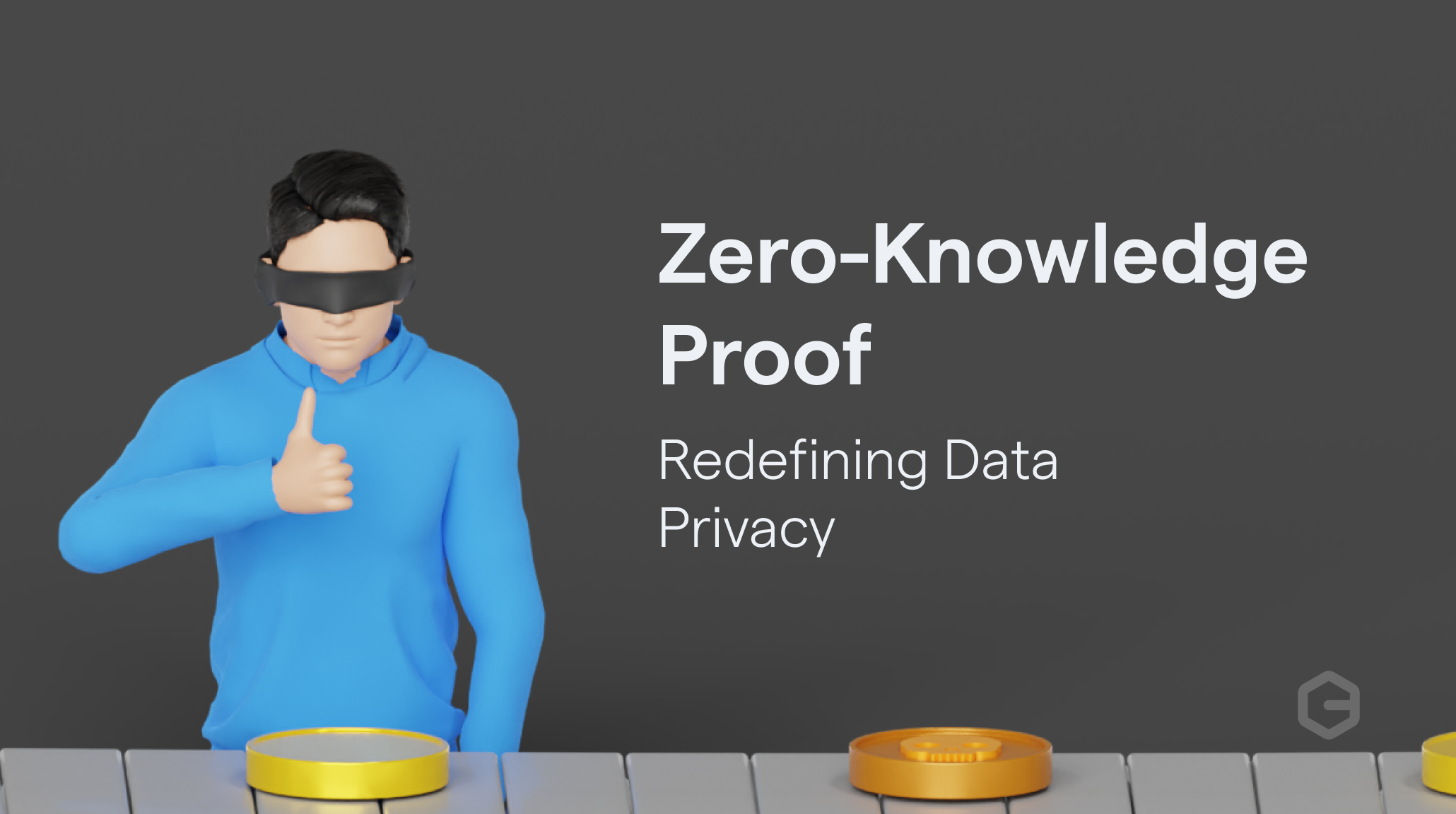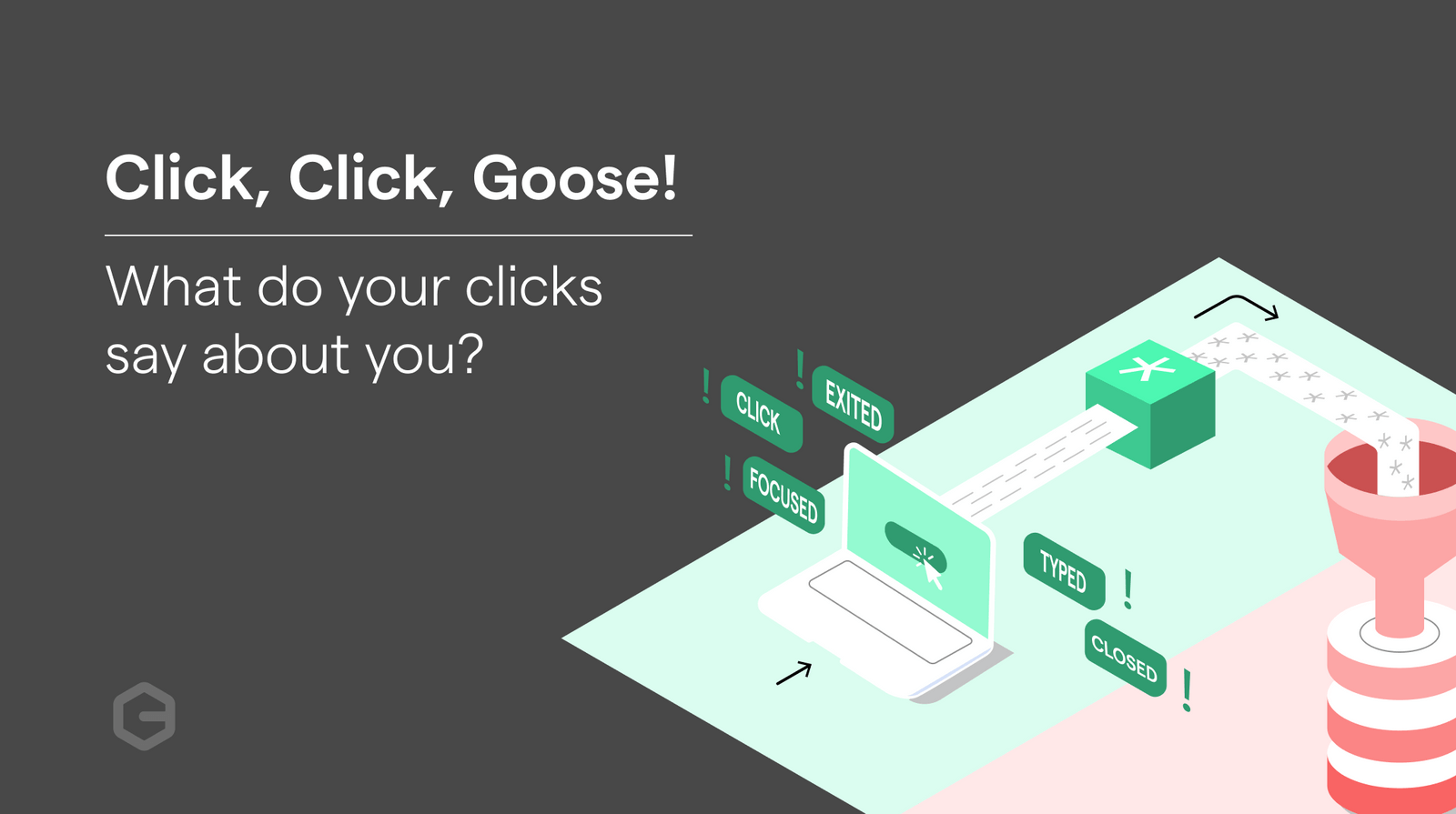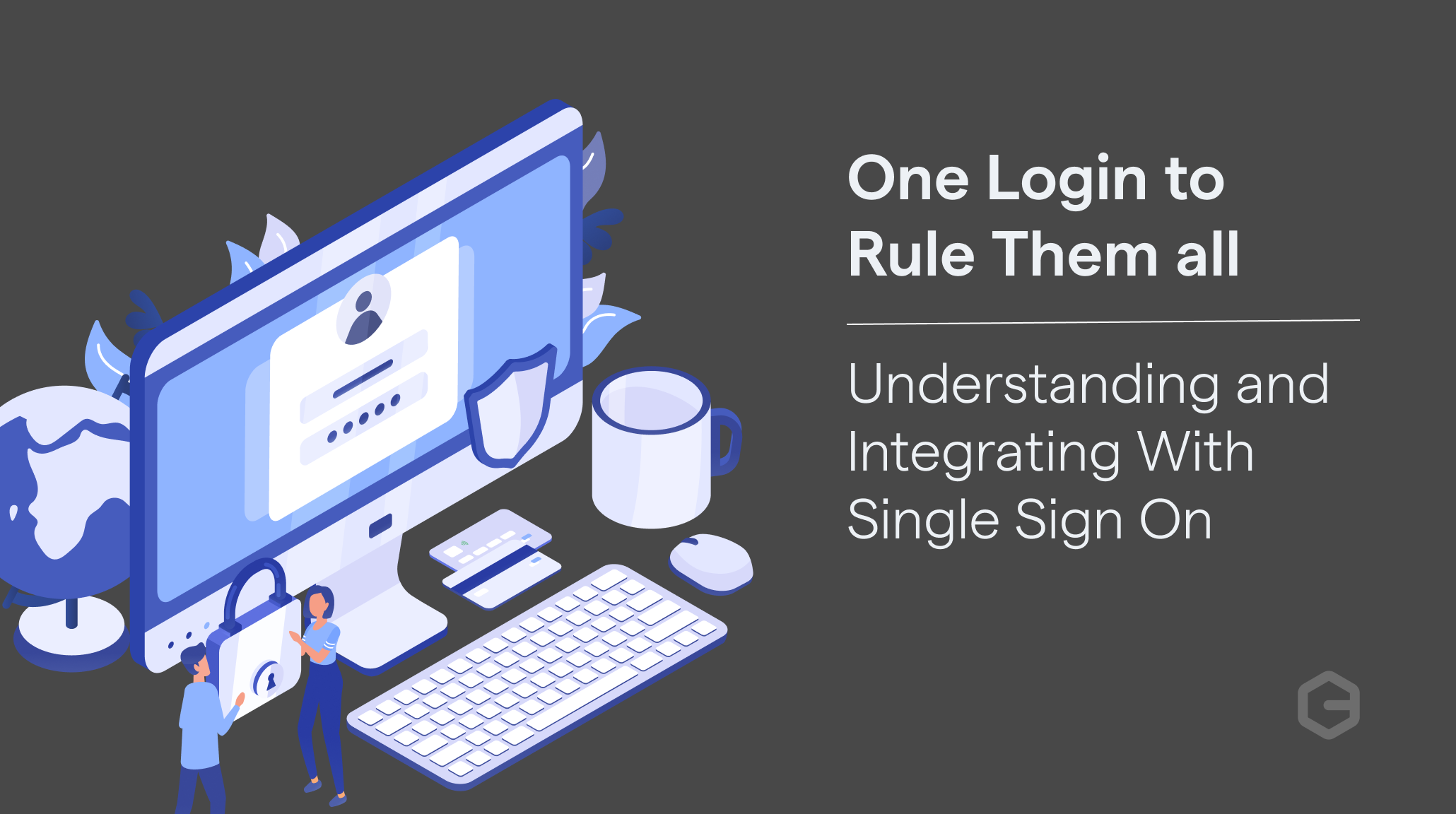In an age where information flows endlessly through the veins of the internet, the question of security & privacy has grown from a whisper to a resounding chorus, especially in the payments industry. As an attempt to tackle these problems, we've witnessed the rise of encryption methods that promise a cloak of security for our data, with keys and algorithms standing guard against prying eyes. From symmetric to asymmetric encryption, each technique has sought to ensure that only the intended recipient can decipher the message – a digital version of a sealed envelope for our virtual correspondence.
Yet, amidst their effectiveness, all these methods are tied by a common obstacle – they deal with retrievable data. No matter the layers of protection, the underlying challenge is that the data in question is retrievable in plain text through decryption, which means although the data might be secure, it won’t necessarily be private.
In other words, although data is secure over the network and safe from unauthorised access and malicious intent, it will still be available to the receiver- which may or may not be someone we can trust. In fact, 98% of security breaches are caused by human error, hacking, and malware. The bottom line is- we do not have complete control over who on the other end is viewing our sensitive information.
Zero Knowledge Proof- A Knight in Shining Armour
Zero-knowledge proofs (ZKP) present a different paradigm altogether. Imagine being able to prove the validity of a statement without ever revealing the statement itself. It sounds counterintuitive, yet it's the cornerstone of this cryptographic innovation. Through complex mathematical protocols, zero-knowledge proofs allow you to prove that you know a certain piece of information without disclosing that information itself. It's like being able to confirm you possess the key to a locked door without ever revealing the shape of the key or what's behind the door.
Typically in real-life ZKP Applications, two parties are involved- the prover and the verifier. The prover is responsible for establishing a certain claim, while the verifier's role is to authenticate this claim. In other words, The prover must be able to showcase to the verifier the legitimacy of a statement without divulging any extra details about the statement.
How Does it work?
Consider a library card as an example of a zero-knowledge proof. Imagine you want to prove to the librarian that you are a valid library member without revealing your actual name. You could present a digital token generated by the library's system, scanned from your library card. The librarian can then use this code to verify your membership status without knowing your personal details, ensuring your privacy while confirming your access to the library's resources.
Similarly, a voter can prove that their vote was cast simply by providing their National ID without revealing any extra information about themselves, or who they voted for.
In both these examples, the prover is able to provide proof of eligibility without revealing any additional private information.
Applying ZKP in the real world
Zero Knowledge Proof can enable a world where you can verify your age for an online service without actually disclosing your birthdate, or demonstrate your eligibility for a loan without revealing your financial details- and these examples only scratch the surface of what zero-knowledge proofs can achieve. Let's dive into the practical applications of zero-knowledge proofs in the payments sector, exploring how this groundbreaking concept is reshaping our interaction with money across borders and digital platforms.
Anti-Money Laundering (AML): A crucial issue of the payments industry is combating money laundering. Zero-knowledge proofs can enable various parties- like banks, merchants, traders, etc- to validate the legitimacy of transactions without exposing sensitive Personal Identifiable Information. This can aid in identifying suspicious patterns and behaviours while keeping the actual data hidden from unauthorized access.
Risk & Fraud Management: Zero-knowledge proofs offer a powerful tool in risk assessment and Fraud Detection. Financial institutions and Payment Gateways can assess transaction risk and verify transaction legitimacy without needing full access to transaction data, ensuring that the information remains confidential while risk evaluations are conducted.
Know Your Customer (KYC): KYC processes often involve sharing a substantial amount of personal data. With zero-knowledge proofs, individuals can prove their identity without revealing extraneous information. This enhances privacy while still enabling compliance with regulatory requirements.
As we delve deeper into the essence of private personal data, we uncover the intricate balance between sharing information for convenience and safeguarding the privacy of our identities.
Zero-knowledge proofs emerge as a beacon of hope in this arena, championing the idea that privacy and convenience can coexist harmoniously in the digital age. With their unique ability to verify information without exposing the underlying data, Zero Knowledge Proof offers a solution that proves very valuable for data exchange and opens a plethora of possibilities.




